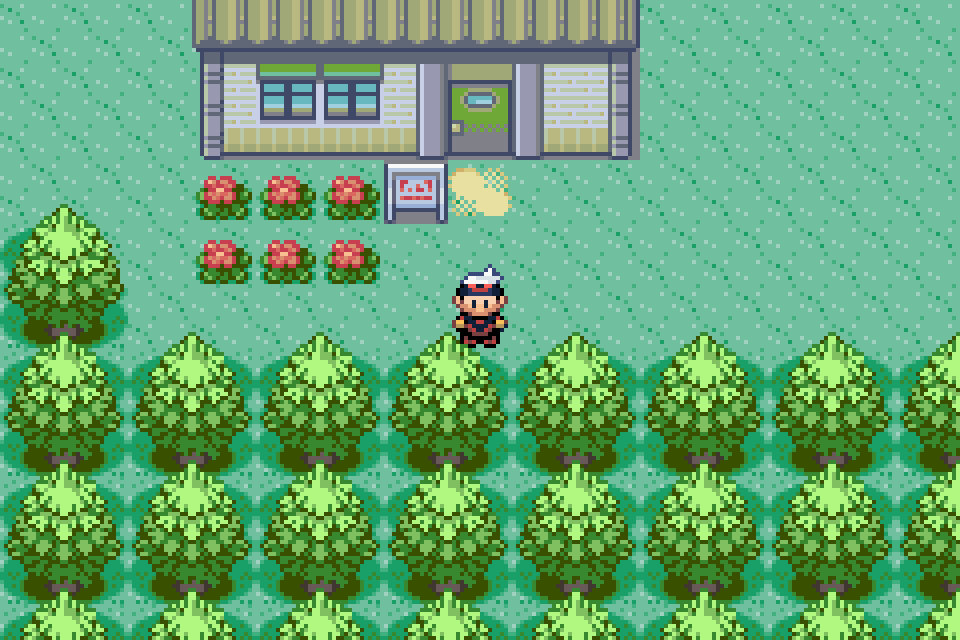

He bought himself a house, pretentious sort of place, at Reculver, at the mouth of the Thames. Then, when peace broke out, Goldfinger got moving. Must have done well out of the GIs who generally travel with a Gold Eagle or a Mexican fifty-dollar piece as a last reserve. He tucked himself away in a machine-tool firm in Wales during the war - well out of the firing line - but kept as many of his shops operating as he could. It was fifty ounces for the whole chain - just enough of a working stock to keep his shops supplied with ring setting and so forth, what they call jewellers' findings in the trade. I looked up his figure in our old records. Well, the war came and Gold-finger, like all other jewellers, had to declare his stock of gold. So they are, but they mount up if you've got twenty little shops, each one buying perhaps half a dozen bits and pieces every week. 'You may think these lockets and gold crosses and things are pretty small beer.
/cdn.vox-cdn.com/uploads/chorus_image/image/59920361/PokC_mon_Let_s_Go__Pikachu__and_Let_s_Go__Eevee__screenshot_9.0.png)

He let his managers run that as they liked.' Colonel Smithers looked quizzically at Bond. He wasn't interested in the jewellery side. He lived in London and toured his ?shops once a month and collected all the old gold. Never touched stolen goods and got a good name everywhere with the police. Always chose good sites, just on the dividing line between the well-to-do streets and the lower-middle. Nothing too Large, Nothing too Small", and he had his own particular slogan: "Buy Her Engagement Ring With Grannie's Locket." Goldfinger did very well. Then he turned the shops over to selling cheap jewellery and buying old gold - you know the sort of place: "Best Prices for Old Gold. He put in his own men, paid them well and changed the name of the shops to "Goldfinger". Well, soon after he'd been naturalized - he was a harmless sort of chap and in a useful trade and he had no difficulty in getting his papers - he started buying up small pawn-brokers all over the country. He had a little money and probably one of those belts of gold I was telling you about. He was a jeweller and goldsmith by trade, like his father and grandfather who had refined gold for Faberge. He was only twenty when he arrived, but he must have been a bright lad because he smelled that the Russians would be swallowing his country pretty soon. He said, 'There's a man who came over to England in 1937. Colonel Smithers's eyes took on their hard, foxy look.


 0 kommentar(er)
0 kommentar(er)
